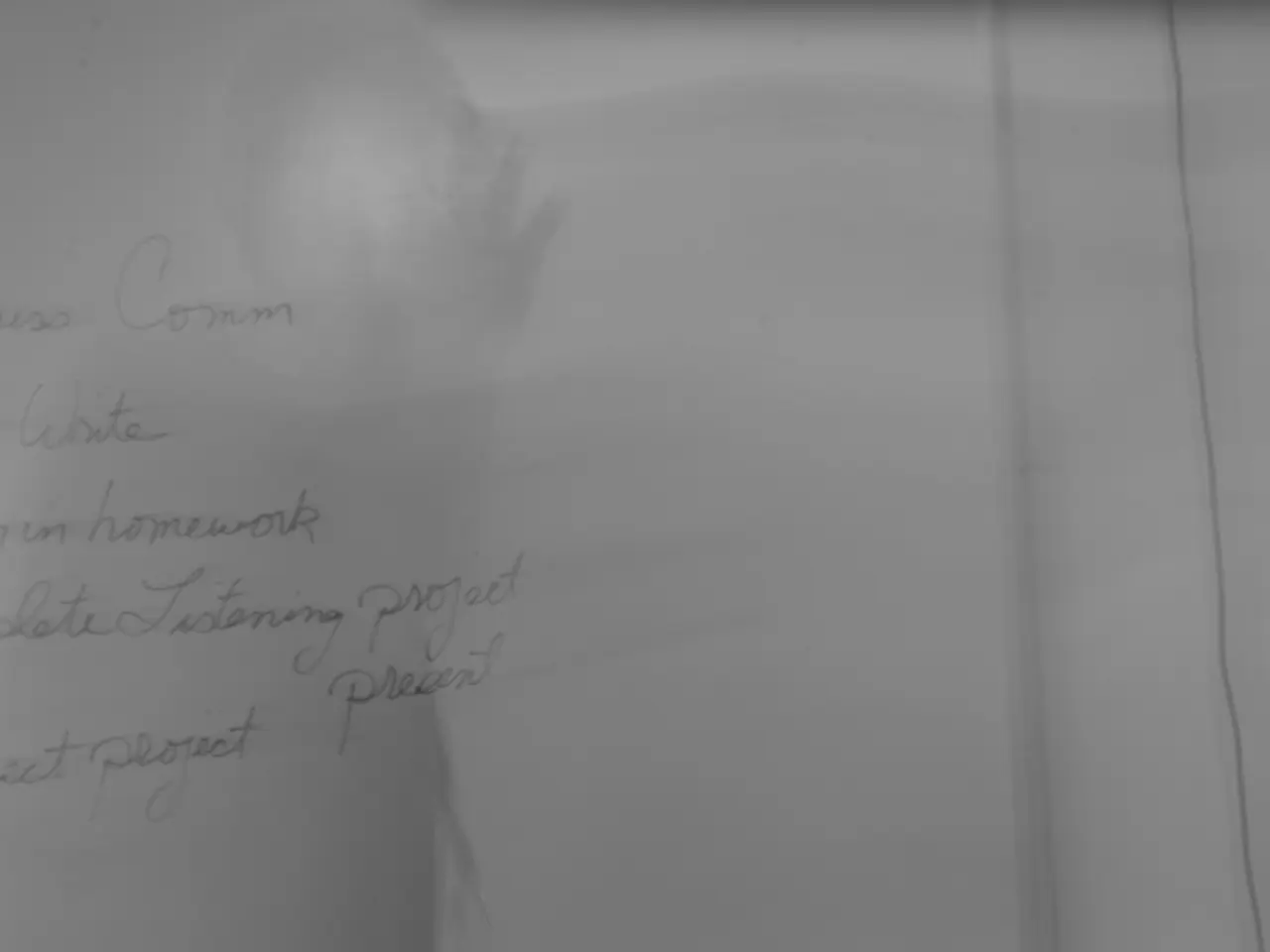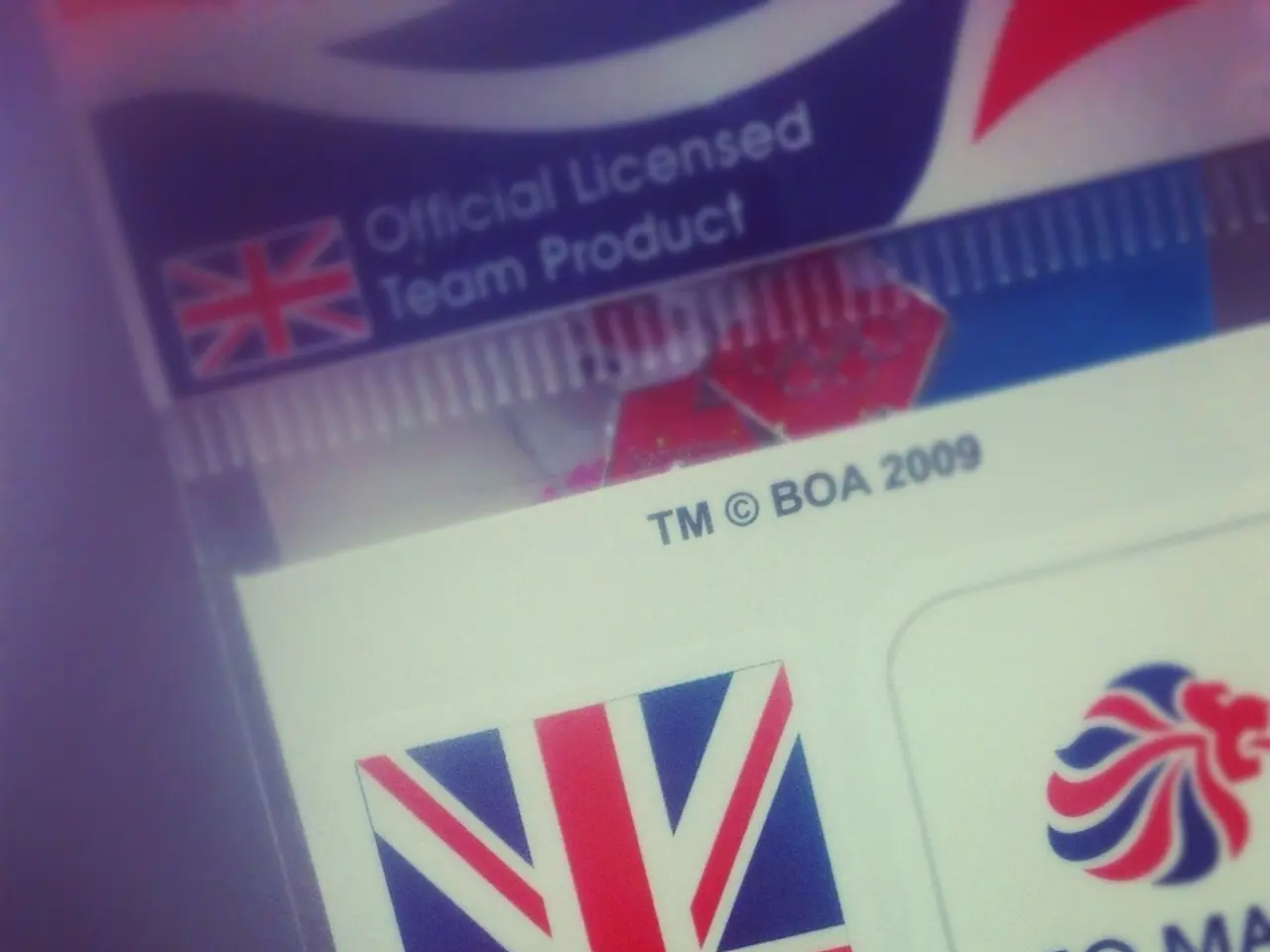"Don Felder, discussing the creation of The Long Run by the Eagles, echoes Glenn Frey's sentiment that 'we birthed a beast with Hotel California, and it consumed us'."
The release of the Eagles' iconic album Hotel California in 1976 marked a turning point in their career, setting a high standard for their future work. However, the pressure to follow up such a legendary album weighed heavily on the band during the recording of The Long Run, which took an unprecedented 18 months to complete across five different studios.
Guitarist Don Felder, one of the classic Eagles lineup's trio of guitarists, remembers the recording of The Long Run as a difficult time. Felder, who wrote the music for songs such as "Those Shoes" and "The Disco Strangler," recalls the intense pressure and relentless pace contributing to a heavy atmosphere that drained their enjoyment and made writing songs tough.
Despite the challenges faced during the recording, the album eventually sold in the millions and is considered a success. Felder looks back on The Long Run fondly, appreciating the high quality of the music and the writing. He believes that the effort put into the album was worth it, as it has stood the test of time.
The themes of darkness and self-destruction are prevalent in The Long Run, as seen in songs like "The Disco Stranger" and "I Can't Tell You Why." The Eagles' implosion occurred by 1980, and darkness, sadness, and a public breakup are now inextricably linked to The Long Run.
During the recording of The Long Run, Felder, Glenn Frey, and Joe Walsh divided the guitar parts based on what was needed for each song and who was best suited to play them. Their lead guitar parts on The Long Run were characterized by a yin and yang dynamic, with one playing high and the other playing low. This is particularly evident in the song "Those Shoes," which features Felder's music and dueling talk boxes with Joe Walsh.
Don Felder also originated the solo song "Heavy Metal" during the The Long Run sessions, but it did not end up on the album due to time constraints. The pressure to follow up Hotel California with another legendary album created intense pressure, contributing to prolonged recording sessions, internal stress, and a taxing creative environment for the Eagles during The Long Run sessions.
Critics were initially not kind to The Long Run, likely as a market correction for the praise lavished on Hotel California. However, the album has since been recognised for its quality and is now available via Elektra Records. The Eagles' album The Long Run was released in 1979, following their landmark 1976 album Hotel California. Despite the challenges faced during its recording, The Long Run stands as a testament to the band's resilience and enduring legacy.
[1] Source: Interview with Don Felder, Rolling Stone, 2012.
- Don Felder, one of the Eagles' iconic lineup's trio of guitarists, played high guitar parts in the yin and yang dynamic with his bandmates during the The Long Run sessions.
- The Eagles' album The Long Run, which was released in 1979, features suspenseful themes of darkness and self-destruction, such as in the songs "The Disco Strangler" and "I Can't Tell You Why."
- The lead guitar parts on The Long Run were characterized by a yin and yang dynamic, with Don Felder playing high and other band members playing low.
- Critics were initially not kind to The Long Run, but the album has since been recognized for its quality and is now available via Elektra Records.
- During the recording of The Long Run, Don Felder originated the solo song "Heavy Metal," but it did not end up on the album due to time constraints, adding to the pressure to follow up the renowned album Hotel California.








